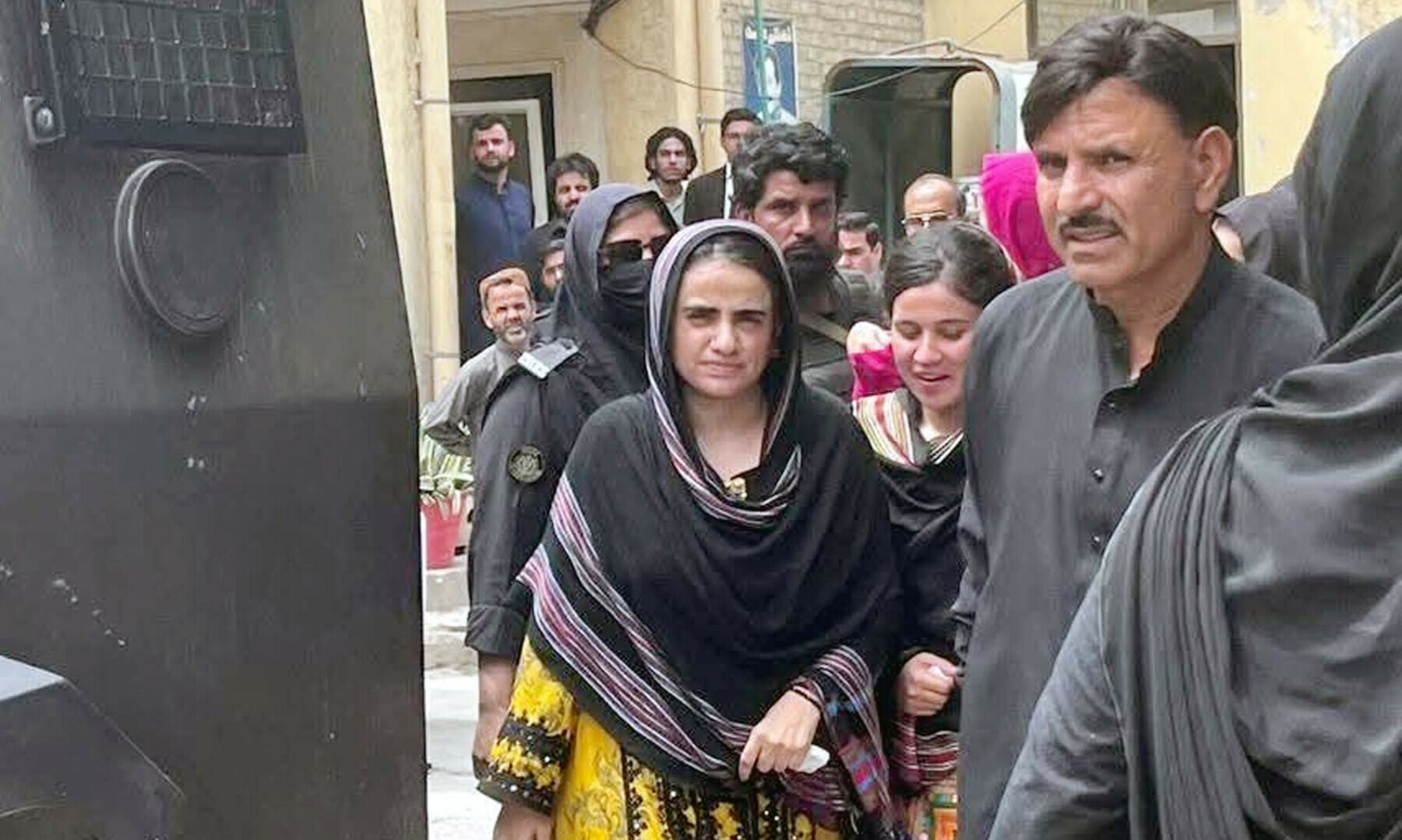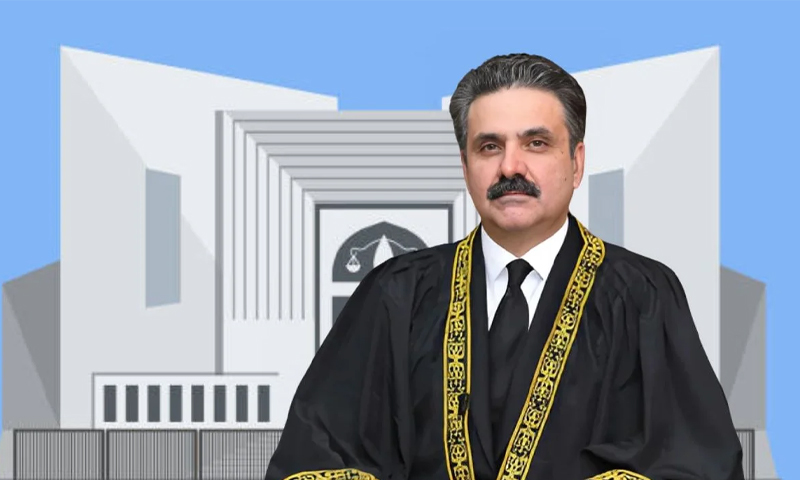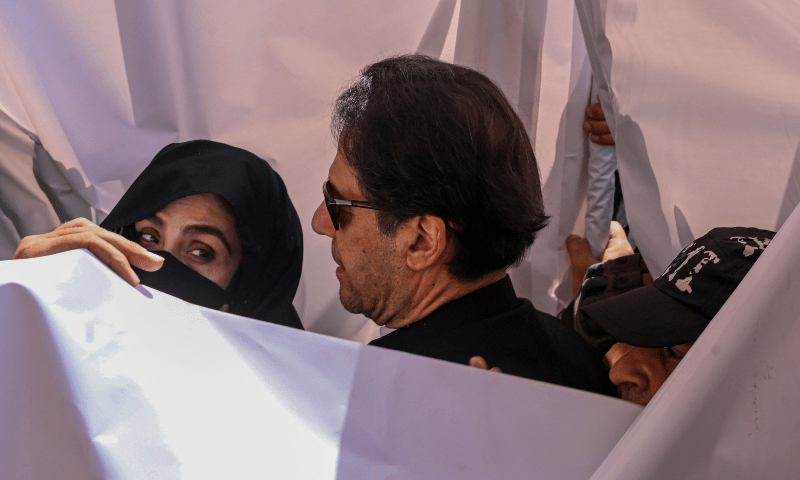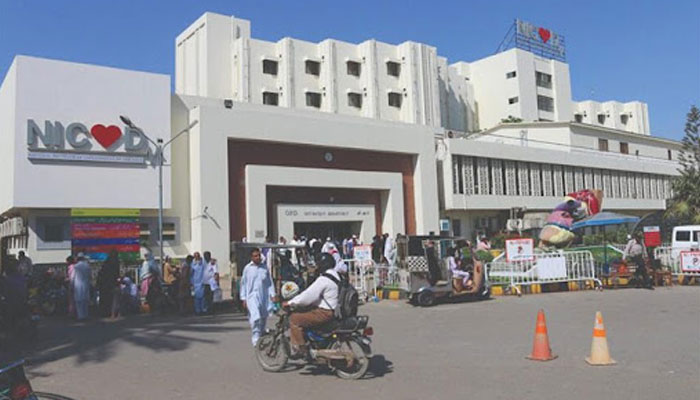LEGAL

An anti-terrorism court (ATC) in Quetta on Tuesday approved a 10-day physical remand for Baloch Yakjehti Committee (BYC) leader Dr. Mahrang Baloch and five other activists, extending their ongoing detention which has now surpassed three months.
The court, presided over by Judge Saadat Bazai, granted the state prosecutor’s request for extended custody of Mahrang and fellow activists Gulzadi, Bebow Baloch, Sibghatullah Shahji, Ghaffar Baloch, and Beberg Baloch. The activists were presented in court under four different First Information Reports (FIRs) after the expiration of their previous detention under the Maintenance of Public Order (MPO) law.
Mahrang’s lawyer, Advocate Israr Baloch, confirmed the activists' court appearance and criticized the state’s prolonged use of pretrial mechanisms to keep them in custody without progressing to a formal trial. Advocate Shoaib Baloch also represented the detainees in court.
The arrests stem from incidents in March 2024, when BYC leaders were taken into custody following protests against enforced disappearances. FIRs accuse them of storming Quetta Civil Hospital and blocking the Western Bypass Road — charges that the BYC maintains are politically motivated.
Dr. Mahrang, a medical doctor and leading human rights advocate, had been detained at Hudda District Prison under Section 3 of the MPO — a controversial colonial-era law that allows preventive detention without trial. Her initial 30-day detention, issued on March 22, was extended twice by the Balochistan Home Department. When those orders expired, the state filed new charges in ATC to continue the detention.
Advocate Jibran Nasir, who previously represented Mahrang, criticized the state’s tactics on social media: “After the state ran out of ways to exploit colonial MPO laws, it is now infringing liberty through ATC and penal laws. Expect long remands, delayed hearings, and re-arrests even after bail.”
Sammi Deen Baloch, another BYC member, condemned the state’s legal maneuvers, saying: “Taking activists to court without evidence destroys the credibility of the state and renders the legal system meaningless.”
While the Baloch Yakjehti Committee is not among the organisations banned by the National Counter Terrorism Authority (Nacta), Dr. Mahrang is listed individually as a proscribed person — a move activists say is meant to suppress her efforts in highlighting enforced disappearances in Balochistan.
Earlier in May, the Balochistan High Court rejected constitutional petitions seeking her release, prompting Mahrang’s sister, Nadia Baloch, to appeal to the Supreme Court in June. The petition alleges a “planned effort” to silence Mahrang by labeling her a “sympathiser of militants.”
In protest, the Kech chapter of the BYC staged a three-day hunger strike outside Turbat Press Club last month.
With no clear timeline for bail hearings or trial proceedings, human rights groups and civil society are raising concerns over prolonged detentions and misuse of anti-terror laws to target peaceful dissent.




